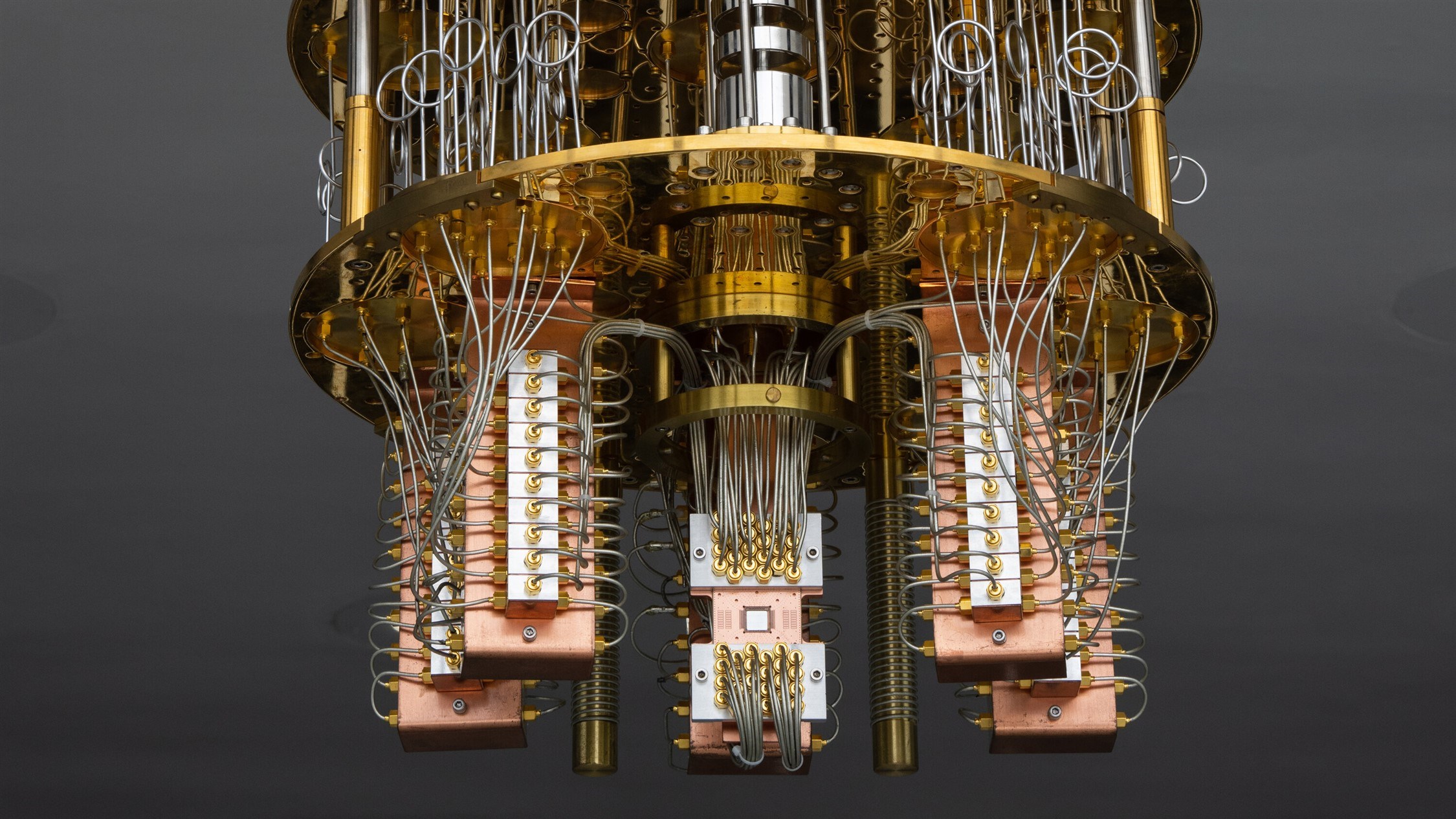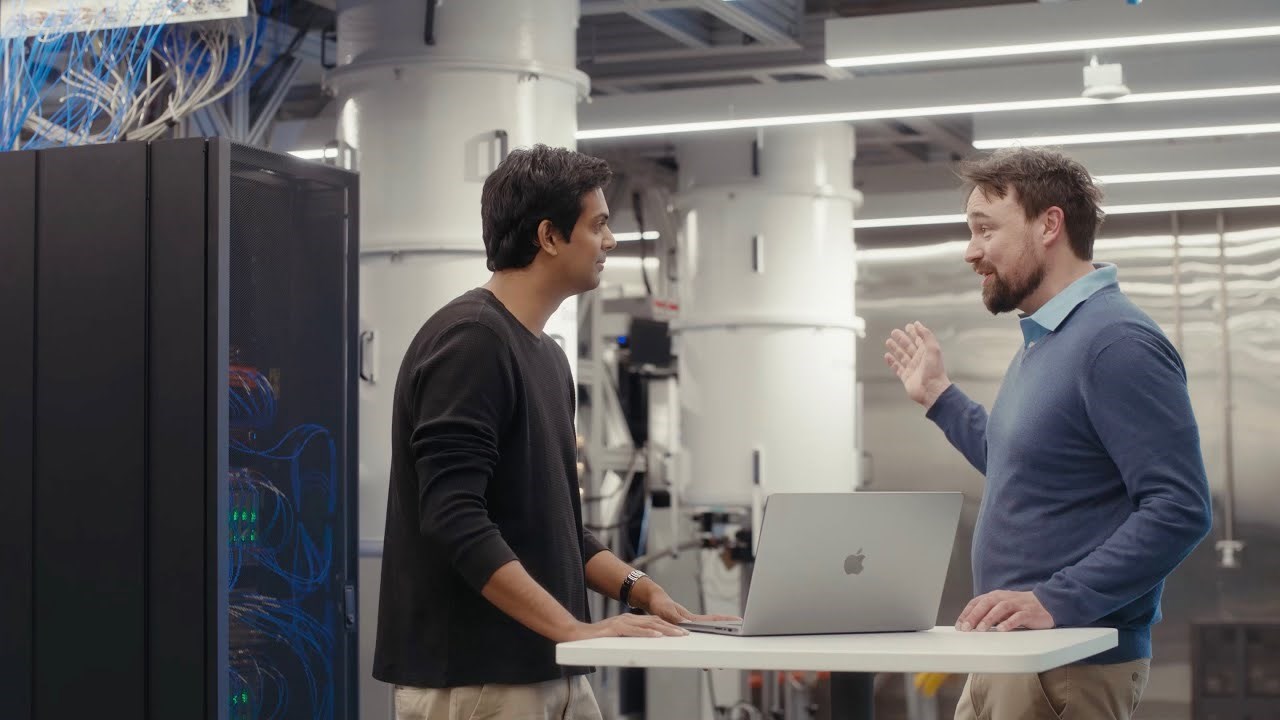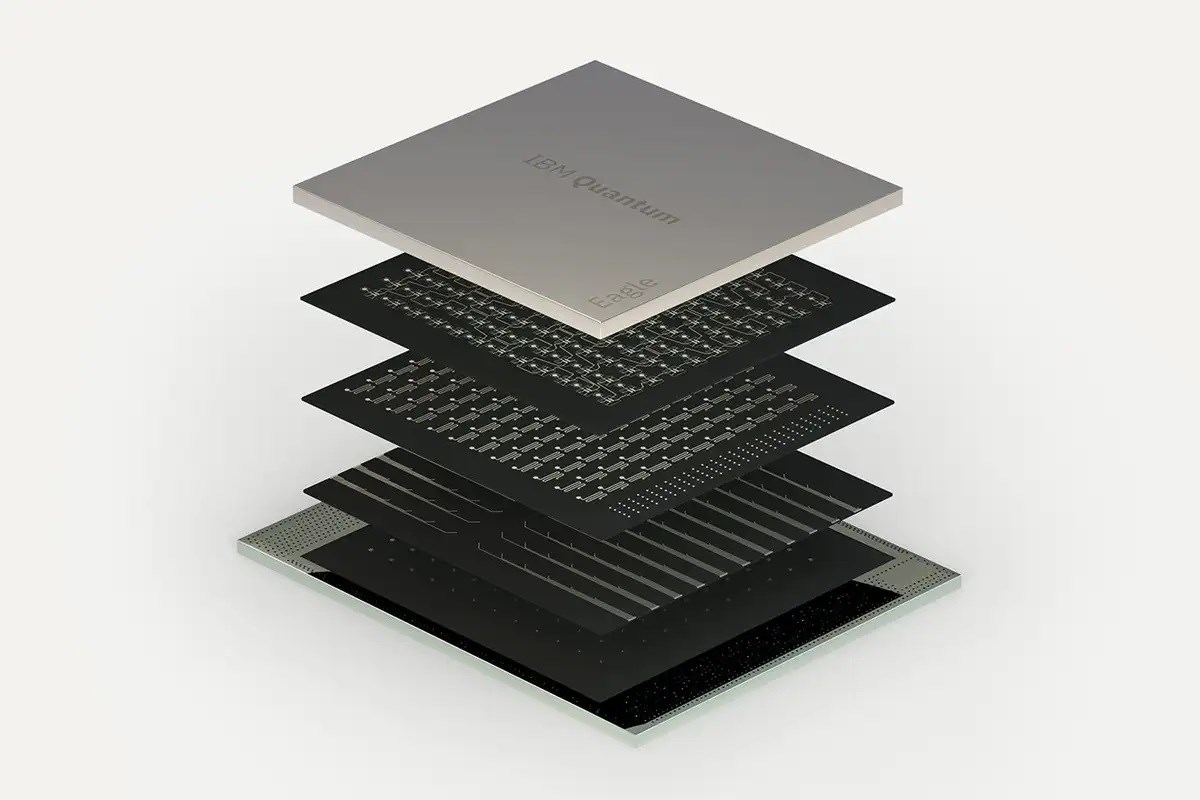 IBM’s Eagle quantum computer succeeded in passing the traditional supercomputer it faced in a comparative test involving complex computation. This success of IBM is considered to be a new touchstone in quantum computers. IBM says it has evidence that quantum computers will soon surpass ordinary computers in tasks like calculating the properties of materials or the interactions of elementary particles.
IBM’s Eagle quantum computer succeeded in passing the traditional supercomputer it faced in a comparative test involving complex computation. This success of IBM is considered to be a new touchstone in quantum computers. IBM says it has evidence that quantum computers will soon surpass ordinary computers in tasks like calculating the properties of materials or the interactions of elementary particles.Historic success from IBM
 Quantum computers have been generating excitement for several decades, but researchers haven’t been able to make a computer that universally outperforms all conventional computers. This is partly because all existing quantum computers are “noisy”. That is, the results of the quantum computer are distorted by errors, just as sound is lost in a cracked recording. This creates a reliability problem.
Quantum computers have been generating excitement for several decades, but researchers haven’t been able to make a computer that universally outperforms all conventional computers. This is partly because all existing quantum computers are “noisy”. That is, the results of the quantum computer are distorted by errors, just as sound is lost in a cracked recording. This creates a reliability problem.Now, IBM’s Abhinav Kandala and colleagues have shown that even a “noisy” quantum computer can be more accurate at its calculations than a traditional machine. They compared the performance of IBM’s Eagle quantum computer, which contains 127 quantum bits, or qubits, to that of a supercomputer at Lawrence Berkeley National Laboratory in California. The task of both computers was to calculate the most probable behavior of a collection of particles, such as spin atoms, interacting with each other.
The supercomputer could not calculate
 The difficulty of this problem increases with the number of particles. Up to a certain number of particles, researchers can precisely solve the corresponding equations on the computer. Supercomputers and approximation methods can handle computations when larger numbers of particles are involved, but eventually the computations become so complex that conventional computation fails. IBM researchers wanted to test Eagle in each of these situations, along with a set of methods they had developed to reduce the effects of noise.
The difficulty of this problem increases with the number of particles. Up to a certain number of particles, researchers can precisely solve the corresponding equations on the computer. Supercomputers and approximation methods can handle computations when larger numbers of particles are involved, but eventually the computations become so complex that conventional computation fails. IBM researchers wanted to test Eagle in each of these situations, along with a set of methods they had developed to reduce the effects of noise.Once the supercomputer was able to complete the calculations, the results of the two methods were congruent. But when complexity went beyond a certain point, Eagle could still offer a solution while the supercomputer failed. While there’s no way to test whether Eagle’s result is correct, Kandala says it’s in good agreement with the calculations done up to that point, giving his team confidence that the quantum computer passed the test.
IBM’s team already wants to repeat the experiment for more complex computations and with larger, therefore potentially more powerful, quantum computers. IBM plans to introduce its most powerful processor ever, the 1,121-qubit Condor chip, later this year. Jay Gambetta, IBM’s head of quantum technology studies, says the company also has “utilities-scale processors” up to 4,158 qubits in its development pipeline. It is hoped that further development of quantum computers could help discover new materials for batteries or fertilizers, or new compounds for drugs.